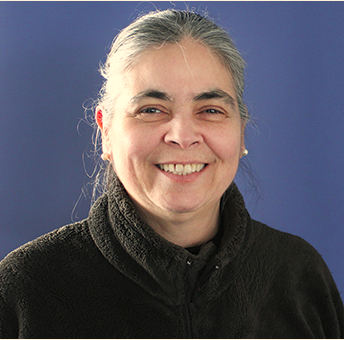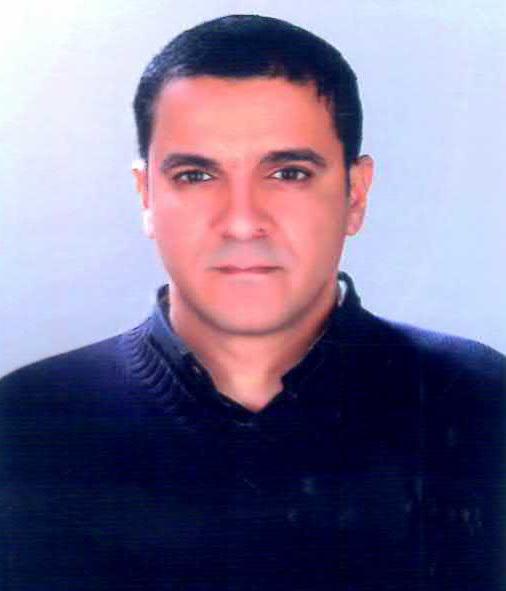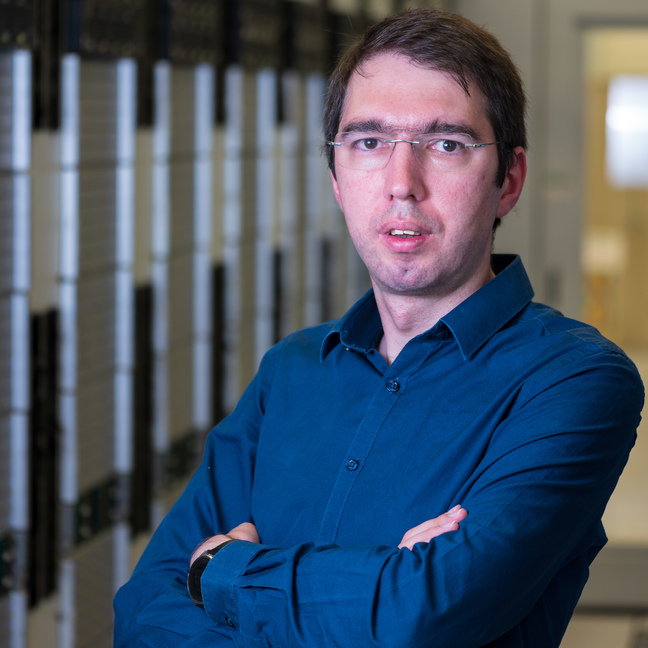Conferencistas Internacionales

Inês Dutra |
Assistant professor of the Department of Computer Science, at Faculdade de Ciencias, Universidade do Porto. She received a bachelor's degree from the State University of Rio de Janeiro in 1985, an M.Sc. degree from Federal University of Rio de Janeiro, Rio de Janeiro, Brazil, and obtained a PhD in Computer Science from the University of Bristol, England, in 1995. She has previously held a position as Assistant Professor at Federal University of Rio de Janeiro, in the Systems and Engineering Department of COPPE, a higher education M.Sc. and Ph.D. programme. She was a Visiting Researcher at the University of Wisconsin-Madison four times, working for DARPA, NSF and NLM projects on machine learning . She also participated at the CMU-Portugal staff exchange programme and was a visiting professor at Heinz College working in the area of Health Informatics. Her research interests include sequential and parallel logic programming and machine learning, with focus on inductive logic programming and statistical relational learning with applications to Biomedicine and Intelligence Analysis. She has published more than 40 papers in Journals and International Conferences, has chaired three conferences, has served as a reviewer for several conference program committees (e.g., ECML-PKDD, IJCAI, ICLP, ILP, AAAI) and journals (e.g, MLJ, Biomedicine, Cloud Computing), has supervised 7 PhD students, several M.Sc. Students and undergraduate projects. Currently she is a member of the steering committee of VECPAR (International Meeting on High Performance Computing for Computational Science). |
|---|---|

Michel Page |
Received his Ph.D. degree in Computer Science from Grenoble University in 1990, in the field of Artificial Intelligence in Management. Since 1991, he teaches at Grenoble IAE as an Assistant professor in Computer Science applied to Data Management. This encompasses Databases and Datawarehouse, Business Intelligence, Data Science, Data Visualization and Big Data. In recent years, he has been invited as lecturer in different universities, including Prague and Shanghai universities. At Grenoble IAE, he has been leading the Master in Management of Information Systems from 2004 to 2011, and from 2014 to 2016. In 2016, he founded a Master Specialization in Data Intelligence. He is a researcher at INRIA (Institut National de Recherche en Informatique et Automatique) Grenoble. His research interests are in Knowledge Representation and Data Science in Artificial Intelligence applied to Biology. He has written some papers in prestigious conferences in AI like IJCAI (International Joint Conference on Artificial Intelligence) and ECAI (European Conference on Artificial Intelligence) about qualitative modelling and simulation, as well as in leading bioinformatics journals like Bioinformatics and Biosystems. |

Hatem Haddad |
Assistant Professor at the CoDE Department of the Université Libre de Bruxelles, Belgium, where he teaches Business Process Management, Data Mining and Data Warehouses. He received a doctorate (2002) in Computer Science and Information Systems from University Grenoble Alpes, France. He was Postdoctoral Fellow at VTT Technical Research Center of Finland and at Norwegian University of Science and Technology. He was a visiting researcher at Kent Ridge Digital Labs (KRDL), Singapore. His current research interests include Information Retrieval, Natural Languages Processing, Machine Learning and Deep Learning. He is a PC member or Chair in different conferences and serves as a reviewer for relevant journals in the area. |

Liviu Valsan |
Liviu holds a Bachelor degree in Computer Science and a Masters degree in IT Project Management. Before joining CERN he worked as a Software Engineer and Project Manager inside a dynamic Romanian IT start-up, while taking a position of Teacher Assistant with Politehnica University Bucharest. He started working at CERN in 2008 as a Software Engineer and System Administrator with the ATLAS experiment at the Large Hadron Collider (LHC). Liviu joined CERN openlab in 2012 as a staff Software Engineer, taking an active role in the research and development efforts inside the Platform Competence Centre. CERN openlab is a unique public-private partnership that works to accelerate the development of cutting-edge ICT solutions for the worldwide LHC community and wider scientific research. In 2013 Liviu joined the CERN IT Procurement Team where he was responsible for reliable procurement of complex server and storage systems (thousands of compute servers and tens of petabytes of storage). Since 2015 he's part of the CERN Computer Security Team, leading the design and implementation of an integrated Security Operations Centre, built on top of Big Data technologies and able to cope with 5 TB of data / day. |
